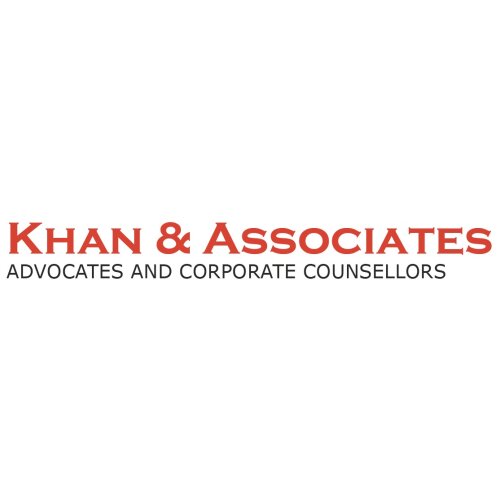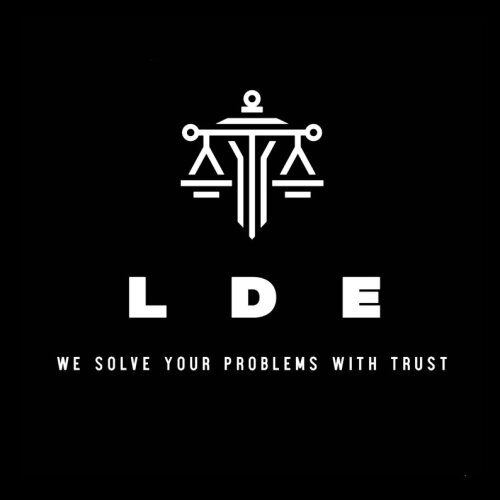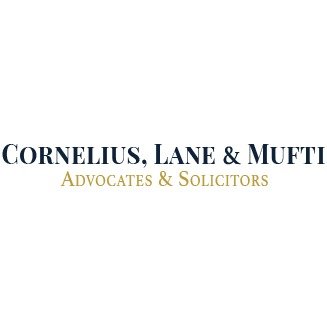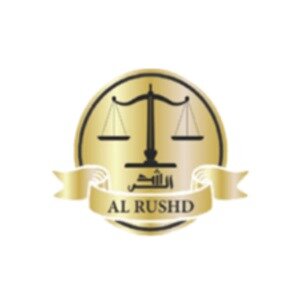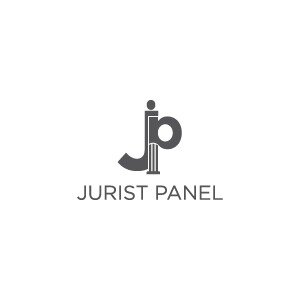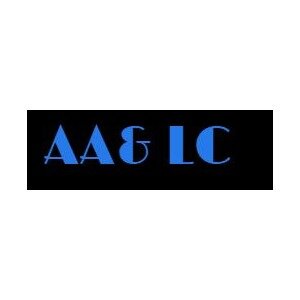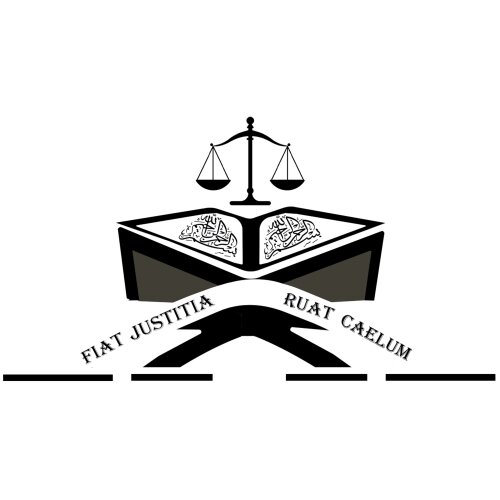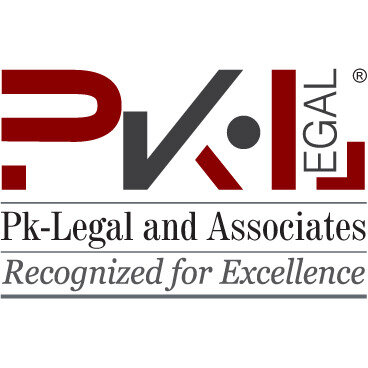Best Mining Law Lawyers in Islamabad
Share your needs with us, get contacted by law firms.
Free. Takes 2 min.
List of the best lawyers in Islamabad, Pakistan
About Mining Law in Islamabad, Pakistan
Mining Law in Islamabad, Pakistan, governs the exploration, extraction, and management of mineral resources within the jurisdiction of the federal territory and surrounding areas. These laws set the legal framework for acquiring mining rights, environmental compliance, worker safety, royalty payments, and dispute resolution. While mineral resources in Pakistan are owned by the state, provincial and federal governments collaborate to grant licenses, regulate activities, and ensure responsible development. Whether dealing with large-scale commercial mining or small-scale extraction operations, adherence to local mining regulations is mandatory.
Why You May Need a Lawyer
Seeking legal counsel is essential when dealing with Mining Law in Islamabad for several reasons. Here are some common situations where expert legal help proves valuable:
- Understanding mining license application and approval processes
- Negotiating joint venture or partnership agreements
- Addressing disputes over mineral rights, land ownership, or contracts
- Ensuring compliance with environmental, labor, and safety regulations
- Representing clients in court or before administrative bodies
- Managing liabilities related to accidents or mining-related damages
- Advising on investment or acquisition of mining interests
Local Laws Overview
Several key statutes and regulatory bodies govern Mining Law in Islamabad, including:
- The Regulation of Mines and Oilfields and Mineral Development (Government Control) Act, 1948
- The Punjab Mining Concession Rules, 2002, which are often referenced for Islamabad due to its federal-administrative context
- Pakistan Mineral Development Corporation (PMDC) and Geological Survey of Pakistan as regulatory agencies
- Environmental Protection Agency (EPA) regulations for environmental safeguards
- Labor laws for health and safety standards in mining activities
To conduct mining in Islamabad, you must obtain a valid license or lease from the Ministry of Energy (Petroleum Division) or other competent authorities. Operators are required to conduct Environmental Impact Assessments (EIA) and adhere to sustainability guidelines. Licensing may include prospecting licenses, exploration licenses, and mining leases, each with their own requirements and timelines. There are strict penalties for unlicensed mining or violation of safety and environmental standards.
Frequently Asked Questions
What types of mining licenses or permits are required in Islamabad?
Applicants generally need prospecting licenses, exploration licenses, or mining leases, depending on the stage and scale of operation. Each has specific application requirements and terms.
How do I apply for a mining license in Islamabad?
Applications are made to the relevant federal department which will review technical plans, environmental assessments, and financial capability before granting a license.
Are foreign mining companies allowed to operate in Islamabad?
Yes, foreign companies can apply for licenses, but compliance with investment regulations, local partnership requirements, and additional approvals may be necessary.
What environmental regulations must mining operators comply with?
Mining operators are required to conduct Environmental Impact Assessments and obtain clearance from the Environmental Protection Agency before beginning any operations.
What are the penalties for unauthorized mining in Islamabad?
Illegal mining can lead to fines, cancellation of existing licenses, confiscation of equipment, and possible criminal prosecution.
Can mining rights be transferred or sold?
Mining rights may be transferred or assigned with prior written approval of the concerned authority, subject to fulfillment of regulatory requirements.
What should I do if my mining license application is rejected?
You can file an appeal or seek legal recourse by consulting a lawyer specializing in mining law to challenge the decision or rectify deficiencies in your application.
How are disputes regarding mining contracts resolved?
Disputes may be settled through negotiation, arbitration, or litigation, depending on the terms of the agreement and the nature of the conflict.
What taxes and royalties must I pay for mining operations?
Royalties, surface rent, and other levies are set by the licensing authority and must be paid according to the law and terms of the mining lease or license.
Are there any incentives for investing in the mining sector in Islamabad?
Various incentives, such as tax holidays and duty exemptions, may be available for certain mineral sectors or under special government programs to attract investment.
Additional Resources
If you need more information or official assistance, consider reaching out to the following organizations:
- Ministry of Energy (Petroleum Division) - Mineral Wing
- Pakistan Mineral Development Corporation (PMDC)
- Geological Survey of Pakistan
- Environmental Protection Agency (EPA), Islamabad
- Islamabad Capital Territory Administration
- Chambers of Commerce and Mining Associations
- Law firms specializing in mining, energy, or natural resources
Next Steps
If you are considering entering the mining sector or face a legal issue related to mining in Islamabad, it is advisable to:
- Gather all relevant documents, such as land titles, geological surveys, prior licenses, and financial statements
- Research the specific requirements for your intended mining activity
- Consult with a qualified lawyer specializing in Mining Law for personalized guidance
- Contact regulatory authorities to clarify procedural questions or request forms
- Ensure all applications and supporting documents are complete and accurate before submission
- Stay informed about periodic changes in regulations or policies affecting the mining sector
Legal expertise is critical to navigate the complexities of Mining Law in Islamabad and secure your interests while remaining compliant with all applicable statutes and frameworks.
Lawzana helps you find the best lawyers and law firms in Islamabad through a curated and pre-screened list of qualified legal professionals. Our platform offers rankings and detailed profiles of attorneys and law firms, allowing you to compare based on practice areas, including Mining Law, experience, and client feedback.
Each profile includes a description of the firm's areas of practice, client reviews, team members and partners, year of establishment, spoken languages, office locations, contact information, social media presence, and any published articles or resources. Most firms on our platform speak English and are experienced in both local and international legal matters.
Get a quote from top-rated law firms in Islamabad, Pakistan — quickly, securely, and without unnecessary hassle.
Disclaimer:
The information provided on this page is for general informational purposes only and does not constitute legal advice. While we strive to ensure the accuracy and relevance of the content, legal information may change over time, and interpretations of the law can vary. You should always consult with a qualified legal professional for advice specific to your situation.
We disclaim all liability for actions taken or not taken based on the content of this page. If you believe any information is incorrect or outdated, please contact us, and we will review and update it where appropriate.



